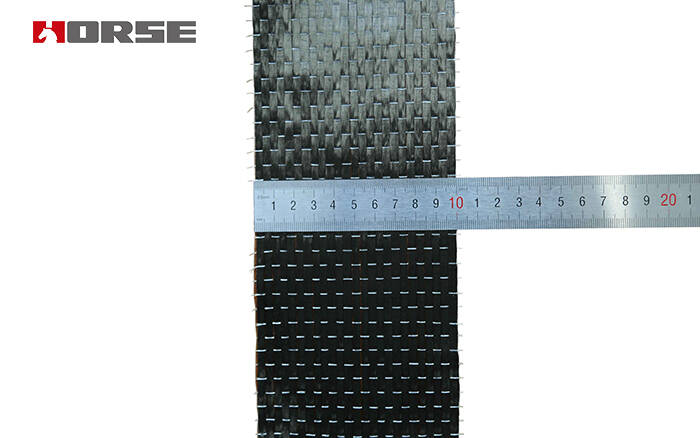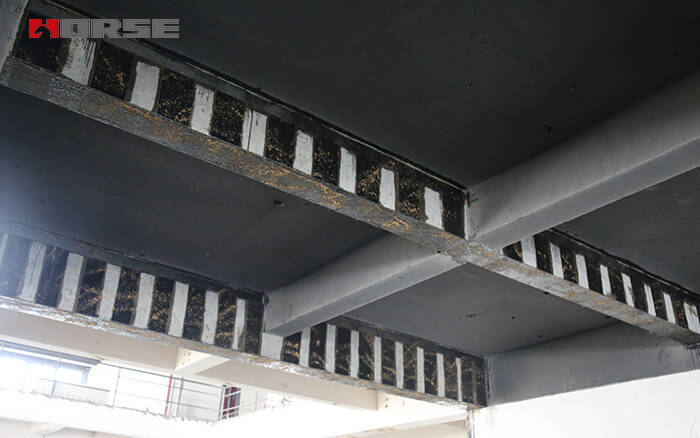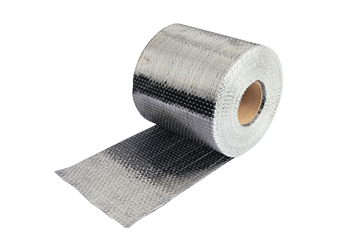Solutions
Horse Construction offers full range of structural strengthening materials with technical supports, documentation supports, products supports, project supports.
FAQ: Carbon Fiber Fabric and Carbon Fiber Strengthening

1. How much high temperature can carbon fabric withstand?
It is divided into one-way and two-way fabric. The carbon fabric itself is fire-resistant, more than 1000 degrees, but it depends on the fire resistance temperature of the glue, which is 65 degrees.
2. The structural glue drops on the floor, how to remove it after curing?
Just burn it with boiling water
3. Can carbon fiber fabric be folded?
Carbon fiber fabric cannot be folded because of its strong tensile strength, poor shear resistance and easy breakage. Like a wrapped pillar, it bears tensile strength.
4. Must use primer and leveling glue before sticking carbon fabric?
The primer and leveling glue are not necessarily used when sticking to the carbon fabric. If there is a problem on the surface, use the dipping glue. If the surface of the substrate is flat, no primer can be used. Horse's carbon glue has a primer-free instruction, provided that the primer-free requirement is met.

5. Why are the fabrics used in construction all carbon fiber unidirectional fabrics instead of plain or twill fabrics?
Because the required characteristics of reinforced carbon fiber fabric for construction are unidirectional force, tensile strength, plain or twill fabric is bidirectional, so the carbon fiber used for construction strengthening is unidirectional fabric.
6. How many carbon tows are 20 cm long, 1 m long, and 300 g/㎡?
The weight standard (linear density) of carbon wire is 3k, 0.2g/m, so 12k is 0.8g/m. Now to calculate how many carbon tows are 20 cm long, 1m long, and 300g/㎡, it is 300g/1m=0.8x/1m*0.2m. So x=75 carbon filaments, then 12k is actually 75 12000 carbon filaments.
7. How does carbon fiber fabric play a role in structural strengthening?
Carbon fabric is equivalent to the role of steel bars. When the main strengthening of the beam is insufficient (that is, the bending capacity is insufficient), it is attached to the bottom or top of the corresponding beam for strengthening, which is equivalent to increasing the main strengthening of the beam.
When the shear capacity of the beam is insufficient, it is vertically attached to the side of the beam, which is equivalent to the effect of densifying stirrups.
You can find anything here you are in need of, have a trust trying on these products, you will find the big difference after that.

High strength, unidirectional carbon fiber wrap pre-saturated to form a carbon fiber reinforced polymer (CFRP) wrap used to strengthen structural concrete elements.

High strength, unidirectional carbon fiber fabric pre-saturated to form a carbon fiber reinforced polymer (CFRP) fabric used to strengthen structural concrete elements.

High strength, unidirectional carbon fiber sheet pre-saturated to form a carbon fiber reinforced polymer (CFRP) sheet used to strengthen structural concrete elements.